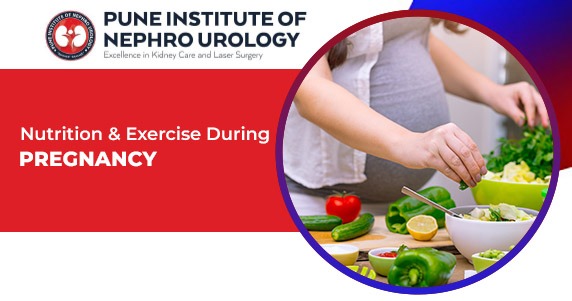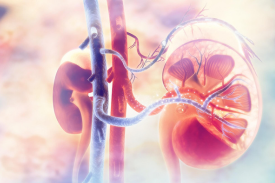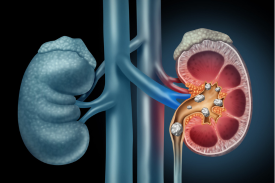Pregnancy is a remarkable and transformative experience that marks the beginning of a new chapter in a woman’s life. It is a time of immense change, both physically and emotionally, as the body adjusts to accommodate the growing fetus. Pregnancy typically lasts around 40 weeks and is divided into three trimesters, each of which brings its own set of unique experiences and challenges. While pregnancy can be a time of excitement and joy, it can also bring its share of physical discomforts, emotional ups and downs, and potential health complications. As the body undergoes significant changes to support the developing fetus, women may experience a range of symptoms such as morning sickness, fatigue, and back pain. Proper nutrition and exercise can significantly impact the health of both the mother and the baby. In this blog, we’ll discuss the importance of nutrition and exercise during pregnancy.
- Nutrition During Pregnancy:
A healthy and balanced diet is vital during pregnancy to ensure that the mother and the baby receive adequate nutrients. A pregnant woman requires additional nutrients to support the growth and development of the fetus. Here are some important nutrients that a pregnant woman should include in her diet:
- Folic Acid:
Folic acid is essential for the development of the neural tube, which forms the baby’s brain and spinal cord. A deficiency of folic acid can lead to neural tube defects. Pregnant women should consume at least 400-800 micrograms of folic acid daily.
- Iron:
Iron is necessary to make hemoglobin, which carries oxygen to the baby. Pregnant women need more iron to support the growth of the baby and placenta. The recommended daily intake of iron during pregnancy is 27 milligrams.
- Calcium:
Calcium is necessary for the development of the baby’s bones and teeth. Pregnant women should consume 1000-1300 milligrams of calcium daily.
- Protein:
Protein is crucial for the growth and repair of tissues. Pregnant women should consume 75-100 grams of protein daily.
- Omega-3 Fatty Acids:
Omega-3 fatty acids are essential for the development of the baby’s brain and eyes. Pregnant women should consume at least 200-300 milligrams of omega-3 fatty acids daily.
In addition to the above nutrients, pregnant women should also consume plenty of fruits, vegetables, whole grains, and healthy fats. It’s essential to avoid foods that can harm the baby, such as alcohol, caffeine, raw or undercooked meat, fish high in mercury, and unpasteurized dairy products.
- Exercise During Pregnancy:
Exercise during pregnancy can help to improve the mother’s health and reduce the risk of complications during childbirth. It can also benefit the baby’s health by reducing the risk of gestational diabetes and obesity. Here are some exercise tips for pregnant women:
- Consult with a Healthcare Provider: Before starting any exercise program, pregnant women should consult with their healthcare provider. They can recommend exercises that are safe for the mother and the baby.
- Low-Impact Exercises: Low-impact exercises such as walking, swimming, and prenatal yoga are safe for most pregnant women. These exercises can help to improve cardiovascular health and reduce stress.
- Avoid High-Risk Activities: High-risk activities such as contact sports, scuba diving, and activities with a high risk of falling should be avoided during pregnancy.
- Stay Hydrated: It’s essential to stay hydrated during exercise, especially during pregnancy. Pregnant women should drink plenty of water before, during, and after exercise.
- Take Breaks: Pregnant women should take breaks during exercise if they feel tired or uncomfortable. They should listen to their bodies and avoid overexertion.
Conclusion:
Proper nutrition and exercise are essential during pregnancy to ensure the health of both the mother and the baby. Pregnant women should consume a healthy and balanced diet rich in essential nutrients such as folic acid, iron, calcium, protein, and omega-3 fatty acids. They should also engage in low-impact exercises and avoid high-risk activities. It’s essential to consult with a healthcare provider before starting any exercise program and to listen to the body’s needs during exercise. By taking care of oneself during pregnancy, women can ensure a healthy pregnancy and childbirth.




